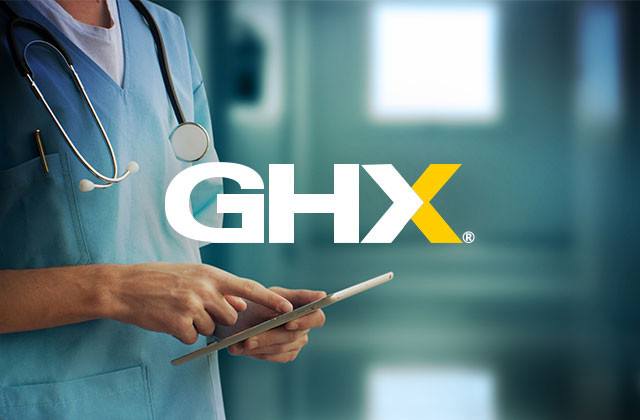
– GHX Survey finds healthcare supply chain data and standardization key to accelerating healthcare’s shift to value-based care.
– The survey highlights the role of healthcare supply chain data will play during the year(s) ahead in solving the cost-quality-outcomes equation.
Global Healthcare Exchange, LLC (GHX), a healthcare business and data automation company has announced the results of a survey conducted among its Best 50 provider organizations regarding healthcare supply chain priorities for 2020. The survey highlights the role healthcare supply chain data will play during the year(s) ahead in solving the cost-quality-outcomes equation.
Supply Chain Shift to Value-Based Care
Today’s supply chain professionals are tasked with bringing increased levels of automation and standardization to supply chain processes to support the healthcare industry’s shift to a value-based care model. Process and efficiency improvements rely on accurate accessible data. Survey results show respondents are implementing initiatives that will empower them to make data-driven decisions to improve efficiency, reduce costs and gain visibility into the true cost of care.
GHX Best 50 supply chain leaders identified two primary initiatives that will support the move to value-based care in 2020:
1. Better Use of Data and Standards to Support Value-Based Care
The shift to a value-based care model requires that the healthcare industry finally understand the true cost of delivering care, including the costs of products, which products deliver the best outcome at the best price and how to reduce clinical variation around what works best for the patient. Standardized supply chain data allows all stakeholders to understand the relationship between the cost to deliver care and the outcomes achieved.
Standardization enables supplier and provider organizations to take a more strategic and informed approach to a broad range of clinical and financial systems, including EHRs, patient billing, recall tracking, value analysis activities and comparative effectiveness research. For example, GHX Best 50 provider Franciscan Missionaries of Our Lady Health System (FMOLHS) is using standardized and enriched supply chain data to better understand the cost of providing patient care and how variation affects both cost and quality.
2. Supply Chain and Clinical Systems Integration
The integration of supply chain and clinical systems will become increasingly critical to reduce variation in costs and quality and accelerate the necessary adjustments to improve outcomes. To account for the products used during a care episode, prepare for recalls and capture a greater percentage of case charges, healthcare must ensure the systems supporting every aspect of care is connected and able to share timely and accurate data.
For example, Stanford Health Care has created tighter integration between its supply chain and clinical systems, which allows supply chain professionals and physicians to collaborate on standardization and cost reduction initiatives
Pulse Check for Healthcare Leaders
Our annual survey provides a pulse check regarding the direction in which these leaders are headed. In keeping with the theme of this year’s AHRMM Supply Chain Week, ‘Health Care Supply Chain: Advancing Health Care Through Clinical Integration,’ our survey found these Best 50 providers are not only pushing for greater levels of automation and standardization within supply chain processes, but also for ways to drive integration with clinical processes,” said Bruce Johnson, president and CEO of GHX.
